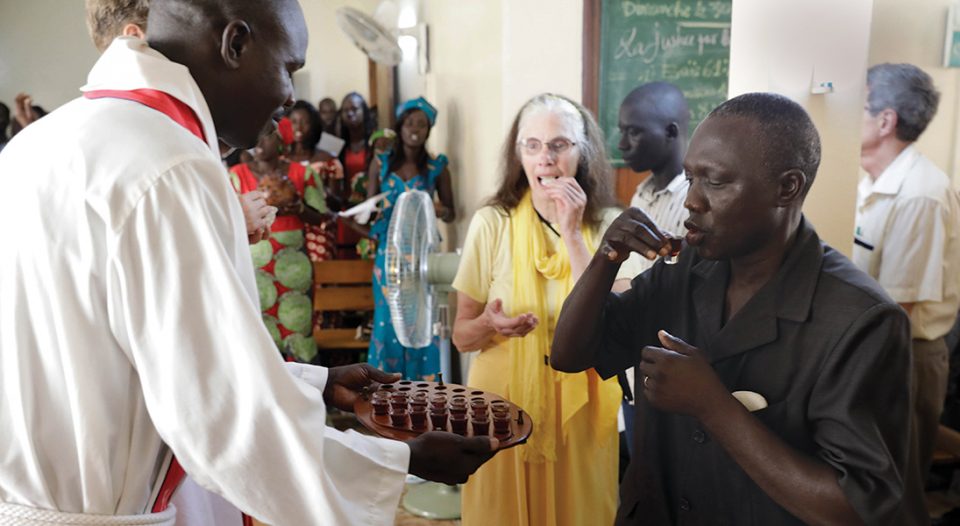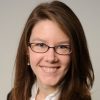At a time when Christian-Muslim relations can seem fraught, a West African organization supported through designated ELCA World Hunger funds and congregational offerings continues to work in harmony with people of various faiths. The Senegal Lutheran Development Service (SLDS) is a nonprofit, nonpolitical Christian organization aimed at contributing to community-based, sustainable development of people in Senegal.
The organization serves thousands of people, particularly through its education, community development, adolescent health education and primary health care programs. It has done so in what many might perceive as a challenging work environment—Christians, Muslims and Animists serving together.
But its employees have never seen it that way, said Philipe Badji, SLDS director. The interfaith workplace is intentional.
“Working in hand with Muslims has been an extraordinary experience for all SLDS employees and the people we serve,” he wrote in an email. “We work for the well-being of our communities, regardless of their faith, gender, ethnic origin, etc. … As Christians we should remember that we have been called to serve our neighbor—and that neighbor may be a Muslim.”
Empowering individuals
SLDS is the result of the localization of the Eglise Evangélique Luthérienne du Sénégal (EELS), a mission that began in Senegal in 1975. In 2011, the ELCA and the Lutheran Church of Senegal came together to form the SLDS board of directors and shift leadership to Senegalese leaders who have continued the services the EELS started.
Many of those services are directed toward women, children, herders and farmers, in both urban and rural areas.
SLDS runs schools in cities like Yeumbeul, a suburb of Dakar. There are even schools in rural areas like Linguère that have no paved roads, electricity or running water. But Senegal’s mean years of schooling is just 2.5.
For women and girls, that mean is considerably less. “We’re talking if they get a primary education,” said Andrea Walker, ELCA area program director for Madagascar, West and Central Africa.
SLDS provides a school system, a library (one of the largest in Senegal), a computer program, and a sports and recreation program that are all aimed at keeping children in school longer and offering them a promising future. “They have provided a place for young people to play sports, and some of these people now play for professional teams,” Walker said. “They’ve done amazing things.”
SLDS is now seeking new funding for its adolescent health education program, as the current source will end in June. That program has had a tremendous effect on the lives of young people, especially women, Walker said.
“Senegal is a place where young girls are married,” she added. “The programs that affect women and girls, those are close to my heart.”
A true leader
Badji has been director of SLDS since 2011, but he had served with the EELS since 1987. He was given the opportunity to study in the U.S. through the Ingham-Okoboji Lutheran Bible Camps in Iowa, which funded his position as a summer counselor and connected him to Wartburg College, Waverly, Iowa, where he received a full international scholarship. The experience strengthened his resolve to work in community development ministry, he said.
“Studying in the U.S. had broadened my perspectives of the world, especially in the area of service,” he said. “I was able to experience what it means to live in a context different from the one I [grew up in], in a different culture, meet new people from different parts of the world, etc. All this learning … has played a big role in my life and definitely helped me get to where I am today.”
Walker believes that it’s a gift that has served Badji’s interfaith team well. “He has created an atmosphere of trust, of community,” she said. “He just creates an atmosphere for success.”
Badji said, “In a context like the one we have in Senegal—and taking into account our Christian values, vision and mission—SLDS just does its ministry in a way that is very appropriate to what is reflected in the everyday life of the Senegalese society in accordance to its vision and mission.
“And our experience has shown that people of different faiths cannot only work together for a common cause but also can reach very good results by working hand [in] hand for that common cause.”






